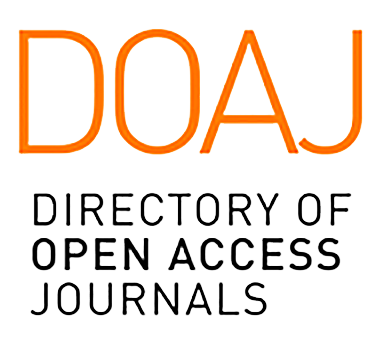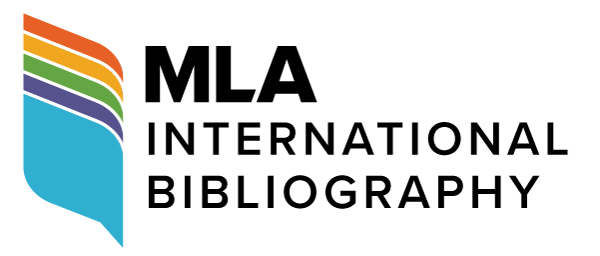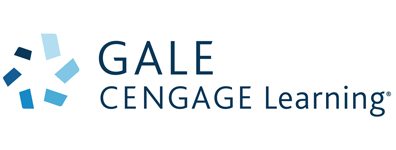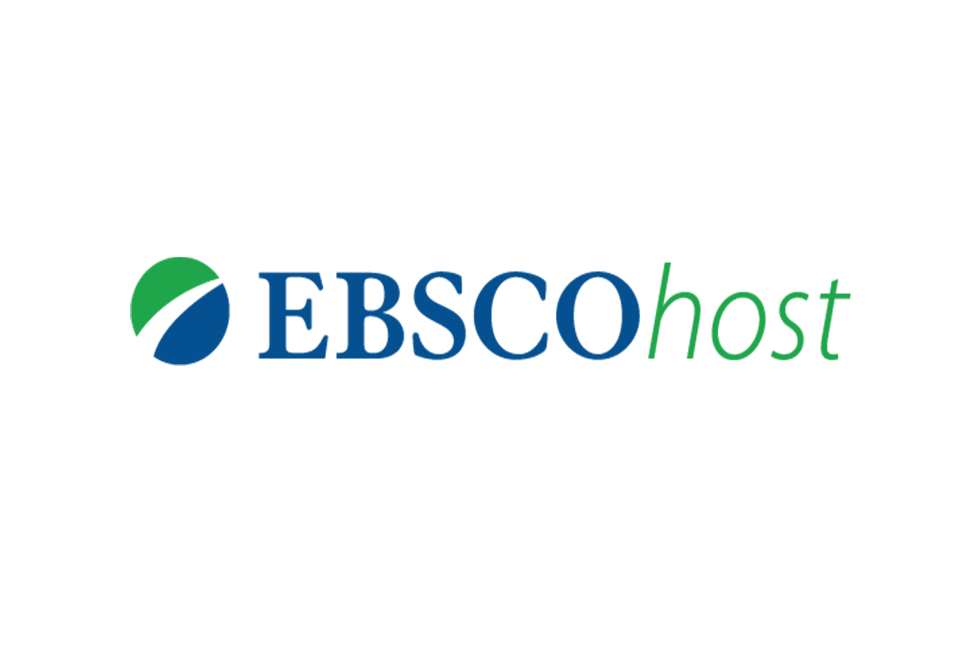2790-9441






MLA International Bibliography
MLA Directory of Periodicals
ProQuest
CrossRef
Google Scholar
Gale-Cengage
ROAD
TESOL Communications (TC) is a fully double-blind peer-reviewed international journal published by Clifford Media International. As the sister journal to the International Journal of TESOL Studies (Scopus), TC serves as a bridge between research and practice in the field of English language teaching and learning. The journal is dedicated to fostering meaningful dialogue between researchers and practitioners by providing a platform for sharing innovative, research-informed practices and practitioner-led insights. It focuses on the practical implications of current theories and research, featuring articles that present practice-oriented studies, reflective teaching practices, and collaborative projects between educators and researchers.
TESOL Communications emphasizes contributions that address real-world challenges in English language education, including innovations in curriculum design, professional development for educators, the integration of technology into teaching and learning, and culturally responsive pedagogies. The journal also welcomes submissions that explore classroom-based research, action research, and strategies for fostering multilingual and multicultural learning environments. By highlighting the dynamic exchange of ideas and experiences, TC aims to support the professional growth of educators, advance the field of TESOL, and strengthen the connections between research and classroom practice.
TC is an Open Access journal and all published papers are licensed under the Creative Commons Attribution License 4.0. Users have the right to read, download, copy, distribute, print, search, or link to the full texts of articles in this journal, or to use them for any other lawful purpose. Authors retain copyrights and full publishing rights without restrictions.
There are no article processing charges or submission charges applicable to authors.
1st Call for Abstract Submissions
(Download the full CFP here)
Theme: Human–AI Partnership in ELT: Designing Human‑Centred, AI‑Enabled Pedagogy
Dates: 30–31 July 2026
Venue: Singapore (details about the venue will be announced soon)
Confirmed Speakers (to be updated)
Jirada Wudthayagorn, Chulalongkorn University, Thailand
Junju Wang, Shandong University, China
Lee Kooi Cheng, National University of Singapore, Singapore
Marie Alina Yeo, Southeast Asian Ministers of Education Organization Regional Language Centre
Mark Feng Teng, Macau Polytechnic University, China
Organising Committee
Kevin Xinghua Liu, Advisor (Shanghai Jiao Tong University)
Wong Jock Onn, Chair (National University of Singapore)
Barry Lee Reynolds (University of Macau)
Mark Feng Teng (Macau Polytechnic University)
Shaquille Nazir Ahmad (National University of Singapore, Singapore University of Social Sciences)
Alexius Chia (National Institute of Education)
Daron Loo (Universiti Malaysia Sabah)
Sylvia Sim (National University of Singapore)
Conference Sub-themes
Submissions related to the conference theme may address:
1. Human‑centred approaches to AI integration in ELT
2. Teacher–AI and learner–AI collaboration in language learning
3. AI‑supported development of communicative competence, critical thinking, and creativity
4. Ethical, inclusive, and responsible use of AI in ELT
5. AI and learner autonomy, agency, and motivation
6. Assessment, feedback, and evaluation in AI‑enabled environments
7. Teacher education and professional development for AI‑informed pedagogy
8. Curriculum and materials design in the age of generative AI
9. Other areas in ELT or TESOL
Submission Categories and Guidelines
ITU 2026 features three categories.
1. Paper Presentations
1.1 Format: 25‑minute presentation, inclusive of Q&A
1.2 Abstract length: 250–300 words
2. Lightning Talks
2.1 Format: 10-minute presentation, inclusive of Q&A
2.2 Abstract length: 200–250 words
3. Symposia/Panels
3.1 Format: 55‑minute session consisting of 3–4 panelists
3.2 Abstract length: Symposium overview: 250–300 words; individual presentation summaries: 150–200 words each
Abstract Submissions
Send abstracts to info@tesolunion.org with the subject line: ITU2026 – [Author’s Name].
Those who plan to attend without presenting can register when registration opens in early February 2026.
Important Dates
1. Abstract submission deadline: 15 March 2026
2. Notification of abstract acceptance: 30 March 2026
3. Registration opens: February 2026
Registration and Fees (include lunches and teas on both days)
1. Early-bird registration fee: USD300 (by 15 May 2026)
2. Regular registration fee: USD350 (after 15 May 2026)
Registration details will be announced on this webpage in early February and in the abstract acceptance letter. Please watch this space.
Publication Opportunities
ITU 2026 provides full publication opportunities for all attendees.
1. All accepted abstracts will be included in the Proceedings of the International TESOL Union Conference 2026 (with ISBN), published by the International TESOL Union.
2. Second, full papers submitted after the conference will, following peer review and revisions, be included in one of the following publications:
2.1 International Journal of TESOL Studies (Scopus‑indexed, conference special issue)
2.2 TESOL Communications (conference special issue)
2.3 Edited conference volumes (with ISBNs)
Contacts
Please stay updated on the conference by visiting the International TESOL Union website at https://www.tesolunion.org. All questions about submissions, registrations, and other conference‑related issues should be emailed to Kevin Liu (International TESOL Union) at info@tesolunion.org, or to Wong Jock Onn (National University of Singapore) at jock@nus.edu.sg.